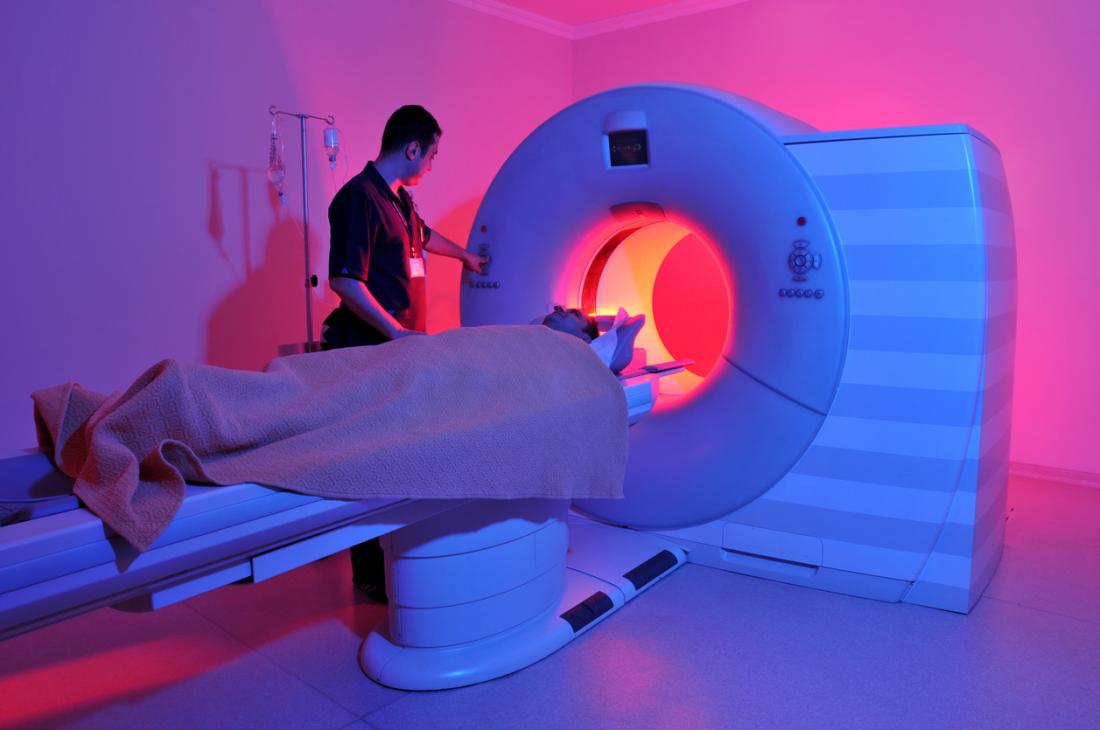Dr. Gergana Nikolova from the Bulgarian Medical Association (BMA) commented on BNT that the importance of the changes and the significance of preventive check-ups lie not only in prevention but also in the opportunity to increase access to Magnetic Resonance Imaging (MRI) for the detection of more serious diseases in early stages.
She explained that previously, the patient had to be referred to a specialist, after which they applied the National Health Insurance Fund (NHIF). Upon approval of the application, it was returned, and only then was an imaging examination scheduled. Hospitalization of patients has often been required for such examinations.
All changes and additions regarding examinations and preventive check-ups will be incorporated into an annex to the framework agreement between the NHIF and the Bulgarian Medical Association (BMA). Nikolova and her colleagues have been mandated by the BMA to sign this annex, but “we still don’t have a date” – The Minister of Health is the guarantor, Dr. Nikolova “added.
“Now we have received the green light for specialists in outpatient care to be able to schedule MRI scans without having to go through this inquiry process. Previously, patients had to wait 3-4 weeks to receive the referral. I consider this a significant step forward in shifting activities from inpatient to outpatient care. Because previously, patients had to be hospitalized for this examination”, explained Dr. Nikolova. She urged patients to undergo their preventive check-ups annually.
Women aged 40 to 50 will be able to undergo breast ultrasound every 2 years, from 45 to 69 mammography every 2 years, and for those at risk – annually. Now even women over 69 have the right to a preventive examination once every 3 years. “This is a significant step forward in breast cancer screening”, assessed Dr. Nikolova.
She emphasized that from now on, as part of the “annual preventive check-ups”, screening for hepatitis B and C will be included every 5 years. These infections have serious consequences, including the development of liver complications, cirrhosis, and liver failure. Screening will be conducted every 5 years, starting at the age of 40.
Regarding children, Dr. Nikolova said: “In blood tests, we include cholesterol levels for children at six months, one year, and fifteen years of age to screen for any developmental issues. We aim to detect early changes in lipid status. The best examination is the one that’s done! If the personal doctor identifies a problem, it won’t be limited to just the tests outlined in Regulation 8”.
“We have a tumor marker for prostate cancer in men. It used to be recommended from the age of 50, but now it’s from the age of 40. The tests are not insignificant at all; what’s important is for patients to reach their doctor’s office. Often, we discover changes that people are not aware of”, Dr. Nikolova emphasized. She once again appealed for the vaccination of children. “The vaccine is not scary; what’s scary is your child getting sick!”.

